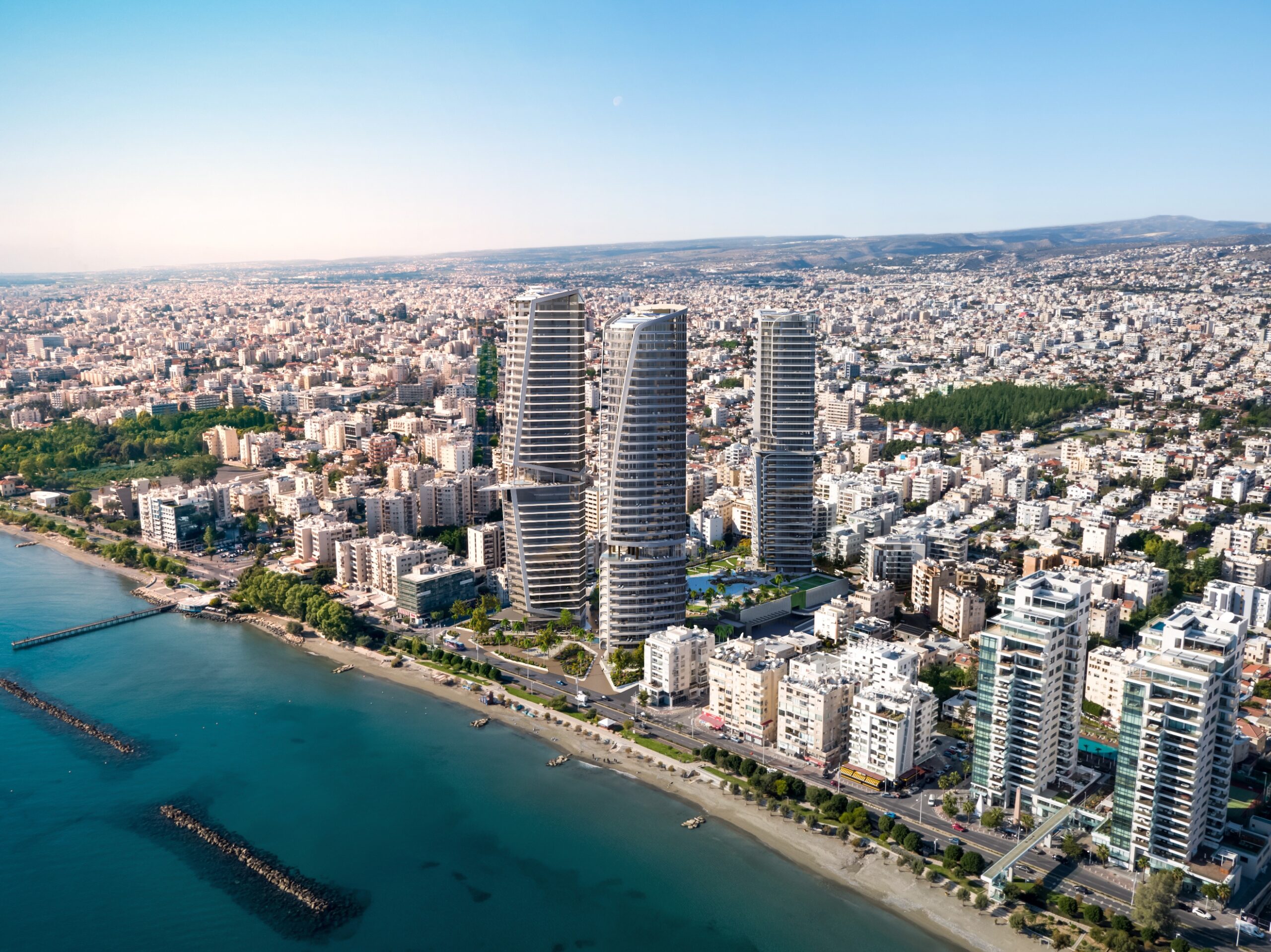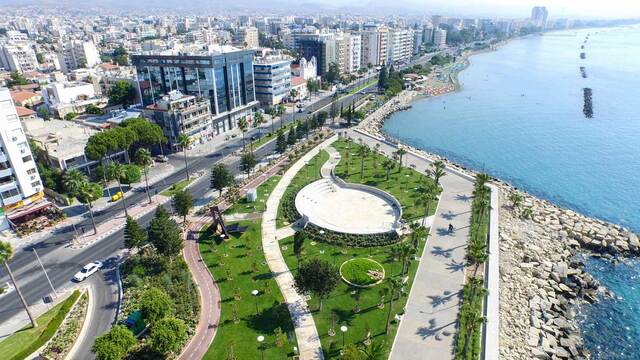The end of 2021 was met by the Cypriot real estate sector with no major changes. The lower-end housing directed towards locals in the region of EUR 300,000-500,000 had good demand and saw rising prices, with a drop in the more expensive units which came about as a result, primarily, of the termination of the citizenship-for-investment, C.I.P. programme, (golden passports) with the main victims being Limassol and Paphos, as well as the marina and golf projects.
So, what lies ahead for the Cyprus real estate sector for this year?
The war in Ukraine has had an impact on the Russian demand, as well as that of Ukrainians (which was the most upcoming new market).
We see that not only has demand been drastically reduced, but also some of the owners from these two countries are placing their properties up for sale. Much of this effect will depend on the duration of the situation and the sanctions placed by the West, the E.U. and member states, such as Cyprus.
This results in a reduction of tourism, which is a lead-in for interest in real estate, which will be halved this year.
Rising inflation and petrol prices, which ended up in addition to the increase in travel cost, the cost of materials which was up in recent months by around 10% (on the total building cost), as well as the cost of living, is making living in Cyprus less affordable. Interest rates are set to rise, making borrowing more expensive, notwithstanding the subsidies provided on interest rates to locals.
As if these were not enough, we have the presidential elections in 2023, with political parties having already started their bidding, offering packages which create uncertainty and instability in the market.
What needs to be addressed is the pending VAT charge with the existing measure of charging the 19% VAT rate on housing units up to 200 sq.mts., which is now suggested to be reduced to the first 140 sq.mts., provided the total area does not exceed 200 sq.mts.
The question also remains how the previous purchasers are to be treated before the new proposal is adopted, discussion for which is already under way.
These will affect the market both for locals and foreign buyers, shifting demand towards used homes (they do not bear VAT) pushing their values up.
Alternative markets
We are now aiming at other tourist markets (which we expect will help in demand for local real estate) such as Germany, Denmark and the lower European countries, whereas the Baltics should also be seriously considered.
Breaking into these markets is not easy. At the same time, countries such as Israel, Lebanon and the Arab world should be targeted, whereas Iran is a potential market source should not be ignored, despite current sanctions on this country.
The contribution of real estate to the GNP of Cyprus is around 5%, so it is not an easy task to attract more or other foreign clients to recover the loss.
Regrettably, we live in a global economy and the economic or otherwise situation of any country affects others as well. We hear of complaints by lawyers and accountants that they are losing business from their foreign (mainly Russian) clients. This is bound to affect the local market, both in rentals and purchases, since these firms employ more than 5,000 highly paid employees primarily in Limassol and Paphos. We will also have to wait and see the results and the side effect of the pandemic during this year.
I am disappointed at the lack of reaction from the Developers’ Association that should at this early time get organised with the government through our embassies to launch a charm offensive to attract buyers from new markets. We lost a good amount of the British market because of Brexit and now with the Russians and Ukrainians.
At the same time I also note that some countries simply do not seem to like us, as is the case of German tourists in Cyprus who number around 200,000, whereas in Crete there are 2 mln visitors.
For those who want to go into the details of the Cyprus real estate market, a most interesting report was recently published by the ‘big four’ auditors PwC in February, which gives an overall review of the economic and real estate situation.
Our economic indicators are not bad, mind you:
- Expected improvement of GDP, according to the IMF of ±5% (save the Ukrainian situation);
- Unemployment at 7.5%;
- Recent issue of government bonds over-subscribed and with interest at .95%;
- Real estate transactions were increased in 2021 by 26%, whereas high end value properties decreased by 5%.
So, in 2022 we will face many uncertainties to the extent that it is worrying and this, notwithstanding the various public and other infrastructural projects that are under way, which will improve Cyprus’ attractivenes.










